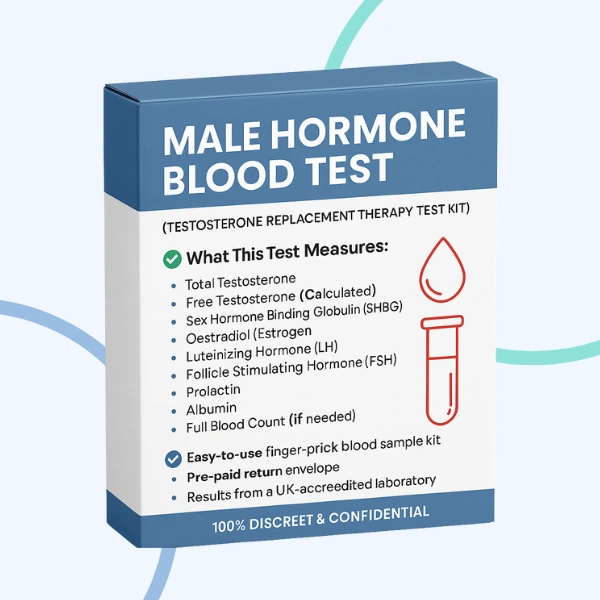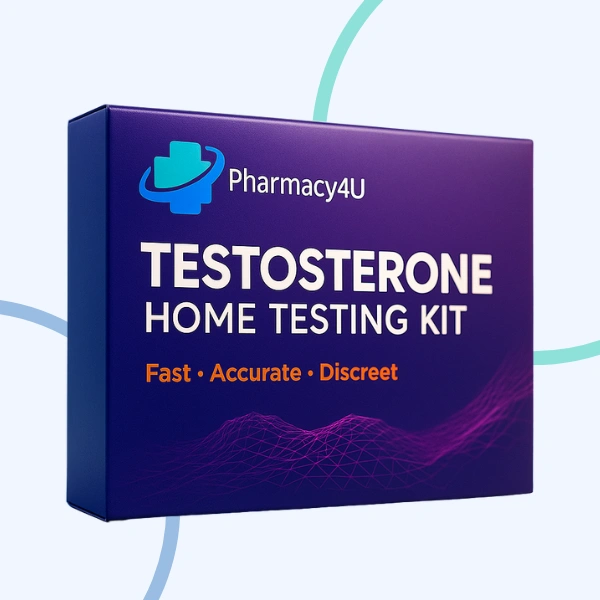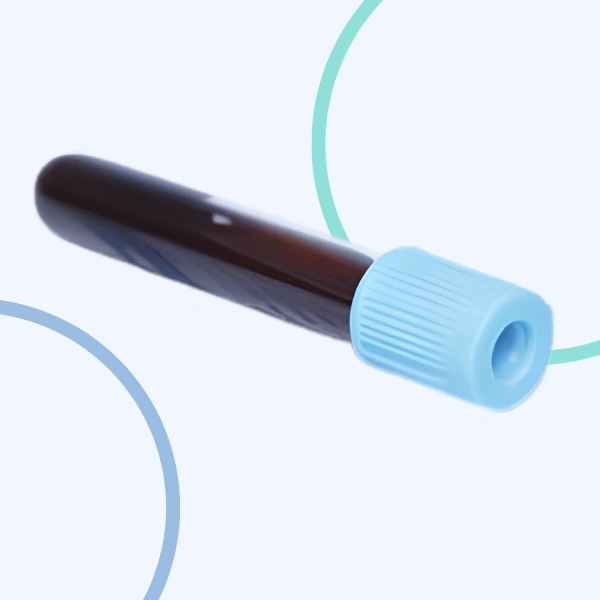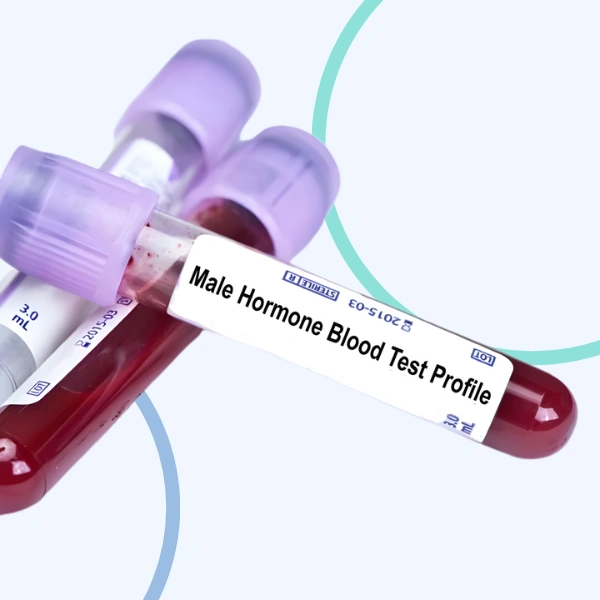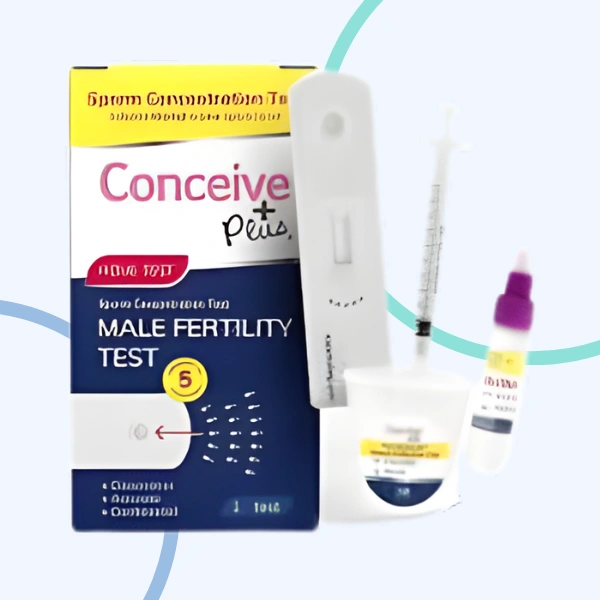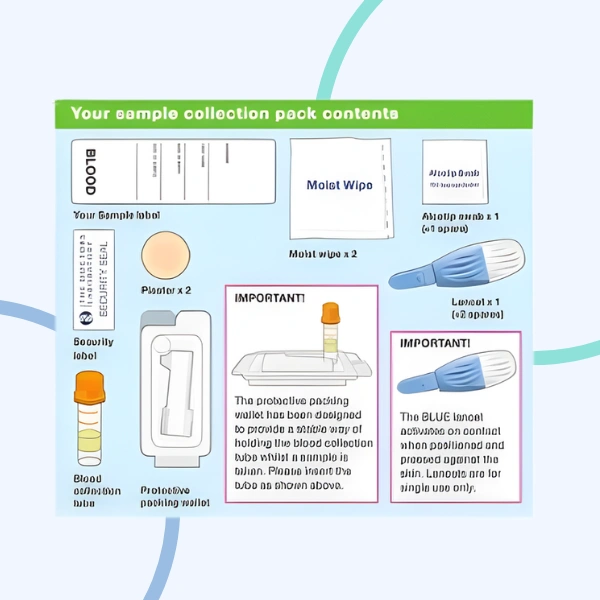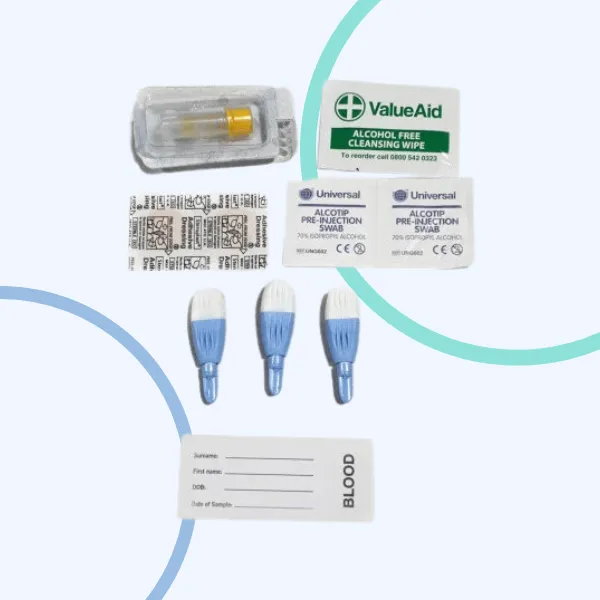- Home
-
-
-
-
-
-
-
-
- Skincare
- Sleep
- Buy Sleeping Tablets
- Migraine
- Diarrhoea & Constipation
- Threadworms
- Trapped Wind
- Haemorrhoids/Piles & Anal Fisure
- Dandruff
- Fungal Infections
- Scars, Cellulite & Stretch Marks
- Warts & Verrucas
- Cough & Cold
- Excessive Sweating
- Lice & Scabies
- Snoring
- Children & Babies
- Nausea
- Managing Medication - Pill Boxes And Tablet
- Acid Reflux & Heartburn
-
- Feminine Underwear
- Angina And Heart Health
- Children's Healthcare
- Cystitis & Urinary Infections
- Coughs, Cold And Flu
- Hair Care - Head Lice & Nits
- Skin Care.
- Hangover Relief
- Hayfever & Allergy Relief
- Health Monitoring & Diabetes
- Herbal Remedies
- Excessive Sweating
- Lip Care
- Nasal Care.
- First Aid
- Oral Health
- Ostomy Care & Catheter Care
- Pain Relief Care
- Piles & Haemorroids
- Sleeping Aids
- Thrush Treatments
- Travel Health
- Vaginal Infections
- Vertigo
- Digestion & Indigestion
- Toiletries
- Incontinence Care
- Low Protein
- Multivitamins & Supplements
- Baby Milk & Formula's
- Wound Management
- Diabetes Test Strips & Needles
- Feminine Hygiene
- Male Enhancement
- Eye Care
- Ear Care
- Mouth Care
- Foot Care
- Health Care
- Oral Trush
- Sun Care.
- Acne Care
- Rosacea Skin Care
- Psoriasis Skin Care
- Eczema Skin Care
- Hair Loss Care
- Quit Smoking Aids
- Asthma Healthcare
- CBD & Herbal Remedies
- Immunity
- Bone
- Nutritional Drinks
- Worms
- Baby Healthcare
- Bites & Sting Relief
- Chicken Pox
- Urinary/Bladder Problems
- Vaginal Dryness
-
-
-
- Contraceptive Pill
- Morning After Pill
- Period Delay
- Alternative Contraceptives
- Bacterial Vaginosis
- Period Pain
- Hormone Replacement Therapy (HRT)
- Vaginal Dryness
- PCOS
- Feminine Hygiene Underwear
- Female Hormones Test
- Women's Health - Thrush
- Cystitis Treatments
- Hirsutism (Hair Removal)
- (UTIs) Urinary Tract Infections
-
-
-
-
Male Hormone Blood Test Kit
- Categories: Health Test Kits Men's Health Kits
Guaranteed Safe Checkout
Male Hormone Blood Test Kit
Male Hormone Blood Test (testosterone Replacement therapy test kit)
Primary Description
Not feeling like yourself? If you're experiencing low energy, reduced muscle mass, low libido, or mood changes, this test checks key male hormones that influence strength, vitality, and overall well-being. This test is ideal for men experiencing symptoms of possible hormone imbalance, those wanting to optimize their health and fitness, or anyone monitoring hormone levels as part of an ongoing health plan.
Understand if your hormone levels are in balance and get personalized insights to help restore your energy, strength, and vitality.
Key Features
•Turnaround Time: Results estimated in 2 working days
•Biomarker Count: 10 biomarkers
•Doctor's Report: Includes personalized doctor's comments and recommendations
•Sample Collection: Finger-prick blood sample at home
•Free Delivery: Free standard delivery included
Sample Collection Options
Finger-prick at Home: We'll send you everything you need to collect your blood sample from the comfort of your home. Our finger-prick collection method is designed to be simple and painless, with clear step-by-step instructions included in your kit.
Biomarker List
Adrenal Hormones
•DHEA Sulphate: The sulphated form of DHEA, a hormone produced by the adrenal glands responsible for male characteristics in both men and women. DHEAS gradually declines from the age of 30 onwards.
Hormones
•FSH (Follicle Stimulating Hormone): Produced in the pituitary gland and important for men in the production of sperm. Acts on the seminiferous tubules of the testicles where it stimulates immature sperm cells to develop into mature sperm.
•LH (Luteinising Hormone): Produced by the pituitary gland and important for male fertility. In men, it stimulates the production of testosterone.
•Oestradiol: Often labeled a female hormone but made in both the ovaries and testes. In men, elevated levels can contribute to fertility problems, gynecomastia (enlarged breast tissue), and erectile dysfunction.
•Testosterone: The primary male sex hormone that helps regulate sex drive and controls bone mass, fat distribution, muscle mass, strength, and the production of red blood cells and sperm.
•Free Testosterone (Calculated): The amount of testosterone that is freely available to tissues. Often a more useful measure than total testosterone for assessing symptoms.
•Sex Hormone Binding Globulin (SHBG): A protein that binds to testosterone, controlling how much is available for the body to use.
•Free Androgen Index: A calculation that helps determine how much testosterone is bioavailable in your body.
•Prolactin: A hormone primarily associated with milk production in women but also important in men for immune system regulation and sexual satisfaction.
•Albumin: A protein made by the liver that plays a role in hormone transport in the bloodstream.
Detailed Test Information
What's Measured
This comprehensive hormone panel measures 10 key biomarkers that influence male health, energy, and vitality. It provides a complete picture of your hormone balance, including testosterone levels (both total and free), pituitary hormones that regulate testosterone production, and other hormones that can affect male health.
Why Take This Test
Consider taking this test if you're experiencing:
•Fatigue or low energy levels
•Reduced muscle mass or difficulty building muscle
•Decreased sex drive or erectile dysfunction
•Mood changes, irritability, or depression
•Weight gain, particularly around the abdomen
•Sleep disturbances
•Reduced mental clarity or "brain fog"
What's Included
•Home finger-prick blood collection kit with all necessary equipment
•Prepaid return packaging
•Clear, step-by-step instructions
•Personalised doctor's interpretation of your results
•Evidence-based recommendations for improvement
Scientific Background
Male hormone levels naturally fluctuate throughout life, with testosterone typically declining by about 1% per year after age 30. However, significant imbalances can occur at any age due to lifestyle factors, stress, underlying health conditions, or medications. This test provides clinical-grade analysis of your hormone levels, allowing for early detection of imbalances that might be affecting your health and wellbeing.
How It Works Section
Step-by-Step Process
1.Order Your Test: Place your order online and we'll dispatch your kit the same day for next-day delivery.
2.Collect Your Sample: Follow the simple instructions to collect your finger-prick blood sample. Best done first thing in the morning.
3.Return Your Sample: Use the prepaid packaging to return your sample to our laboratory.
4.Get Your Results: Receive your results and personalized doctor's comments in your secure online dashboard within 2 working days.
5.Take Action: Use your personalised recommendations to make informed decisions about your health.
Test Limitations & Important Information
Medical Limitations
•This test provides a snapshot of your hormone levels at a single point in time. Hormone levels can fluctuate throughout the day and in response to various factors.
•Results should be interpreted in the context of your symptoms and medical history.
•This test is not intended to diagnose any specific medical condition without clinical correlation.
Who Should Not Take
•This test is not suitable for anyone currently taking testosterone replacement therapy or anabolic steroids, as these will affect the results.
•If you're currently taking medication that affects hormone levels, please consult with your doctor before taking this test.
FAQ Section
Common Questions
Q: When is the best time to take this test? A: For the most accurate results, we recommend collecting your sample in the morning, ideally between 7-10am when hormone levels are at their most stable.
Q: How accurate is a finger-prick blood test compared to a venous blood draw? A: Our finger-prick tests are highly accurate and validated against traditional venous samples. Our laboratory uses the same high-quality equipment for both sample types.
Q: Will this test tell me if I have low testosterone? A: Yes, this test measures both total testosterone and calculated free testosterone, providing a comprehensive assessment of your testosterone status. Your results will clearly indicate if your levels fall below the reference range.
Q: Can I use this test if I'm already on testosterone therapy? A: If you're currently on testosterone therapy, this test can be used to monitor your levels, but you should inform your doctor as this will affect the interpretation of your results.
Q: How often should I repeat this test? A: For monitoring purposes, we recommend retesting every 3-6 months, or as advised by your healthcare provider. If you make lifestyle changes or start any treatments, testing after 3 months can help assess their effectiveness.


